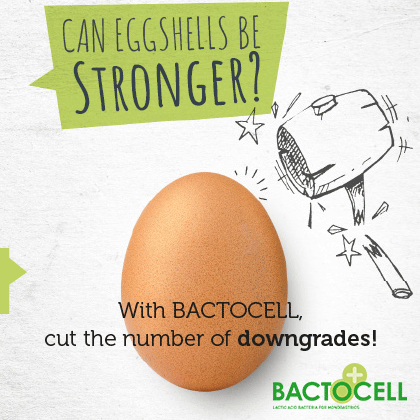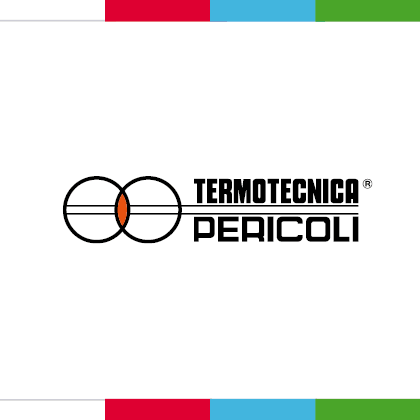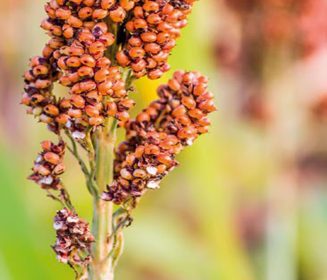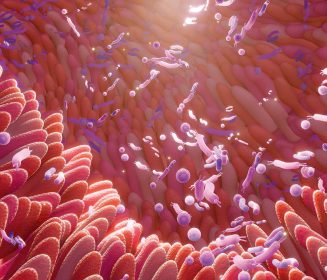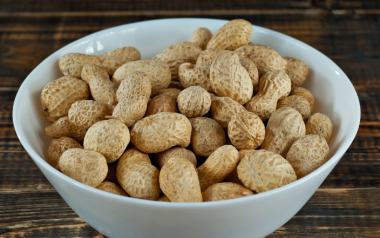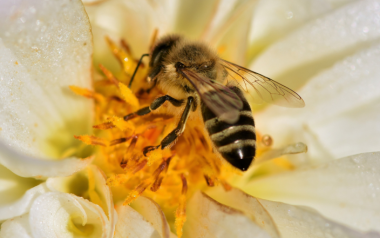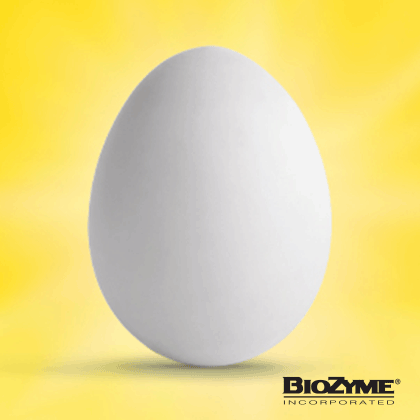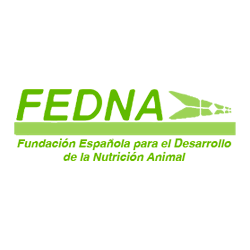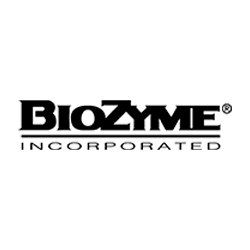Sources: Available upon request
Layers fed bee pollen diet produce omega-enriched eggs
Layers fed a diet containing bee pollen exhibit remarkable enhancements in egg composition, including higher levels of essential fatty acids.
In Colombia, research on hens fed a diet based on bee pollen showed that the eggs produced were richer in omega 3 and 6, and that the yolks had a stable color and flavor suitable for consumption. Specifically, layers fed a diet containing bee pollen exhibit remarkable enhancements in egg composition, including higher levels of essential fatty acids.
With good color, flavor, and health benefits, an egg is expected to be good for consumers, but the use of dyes and chemical additives has brought a new challenge for producers. In the search for more natural products, it was found that oil extracts of pollen make the eggs have a higher content of carotenoids, natural plant or animal pigments that are precursors of vitamin A and are linked to skin care, brain, eye and cardiovascular health.
The Bee Pollen Connection
Bee pollen, collected by bees from flowering plants, is a nutrient-rich substance. It contains a variety of bioactive compounds, including carotenoids, flavonoids, and vitamins. Researchers hypothesized that incorporating bee pollen into chicken feed could lead to healthier and more nutritious eggs.
The Study
Dr. Natalia Johanna Viloria Pérez, a food science researcher at the National University of Colombia, spearheaded this investigation. She focused on bee pollen from various regions in Cundinamarca, Colombia, including Guatavita, Gachancipá, La Calera, Tenjo, and Mosquera. These regions are known for their diverse flora and varying altitudes, which impact the carotenoid content of bee pollen.
The Findings
- Carotenoid-Rich Eggs: Layers fed with bee pollen extract produced eggs with significantly higher carotenoid content. Carotenoids are natural pigments associated with skin health, brain function, and cardiovascular well-being.
- Omega-3 and Omega-6 Boost: The yolks of eggs enriched with pollen were also richer in omega-3 and omega-6 fatty acids. These essential fatty acids are vital for heart health, brain function, and overall well-being.
- Quality Improvement: The eggs from these pollen-fed chickens exhibited better color, taste, and overall quality compared to conventionally produced eggs.
Implications and Future Research
The findings have significant implications for both consumers and poultry farmers. By replacing synthetic additives with natural bee pollen extracts, we can enhance the nutritional value of eggs while promoting sustainable practices. Further research is needed to explore the long-term effects and scalability of this approach.
Conclusion
This is an important step in the implementation of natural diets that produce quality eggs, so further research is needed on the action of these carotenoids in the yolks, as well as in the whole extraction and feeding process, in order to have the best possible performance.

